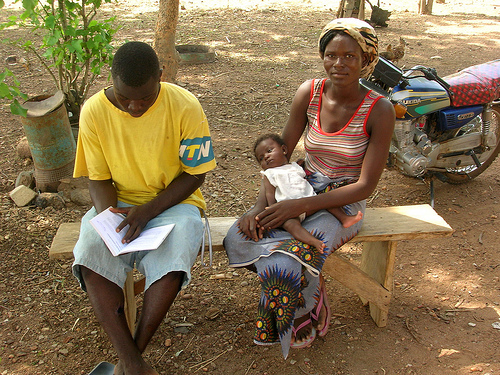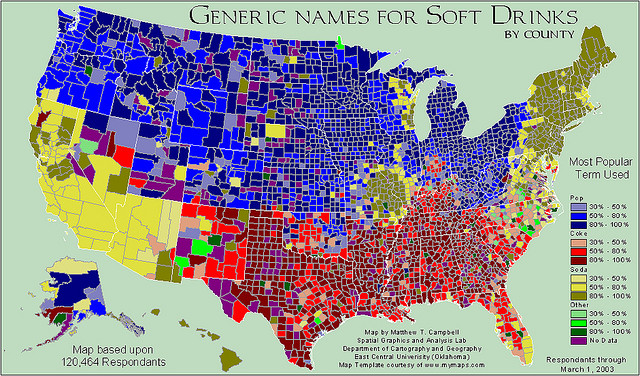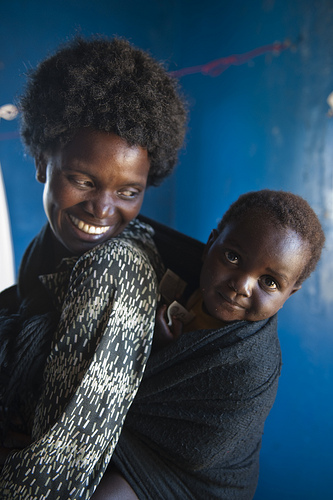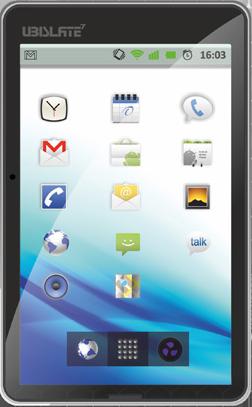Ghana’s Push for Literacy
For the Ghana Library Association’s (GLA) 50th anniversary, the theme was “Libraries: The Key to National Development.” During the anniversary celebrations’ culmination, GLA stakeholders and local librarians addressed a crowd of educators, youth, and families about the importance of Ghanaian parents and children doing more to cultivate a culture of life-long reading. While acknowledging an important milestone for the GLA and public libraries, local leaders and administrators also noted a lack of books in Ghana, appealing to the government to provide more support and resources to the nation’s library sector for the sake of holistic development.
According to a GLA lecture given by university librarian Florence Dedzoe-Dzokotoe Plockey as part of the festivities, widespread illiteracy represents a major roadblock to Ghana’s future. In addition to a need for more direct financial investment in education, she said that “continuous learning is necessary if economic development is to be guaranteed.” Plockey cited a 2008 Ghana Statistical Service report showing that nearly half of Ghana’s adult population is unable to read and write with proficiency. However, recent UNICEF statistics paint a more optimistic picture for the country’s youth, with 15 to 24-year-olds showing literacy rates of roughly 80% for both sexes from 2005-2010.
In addition to efforts to bolster traditional library resources, part of Ghana’s future literacy success may rely on newer technology. An initiative by non-profit Worldreader that utilizes e-readers and is promoted by popular European footballers aims to put one million digital books in the hands of African children. The campaign is currently appealing for one million donors to each make a $5 contribution to distribute e-readers to 10,000 children in Africa, and by extension, nearly five times more friends and family members. Worldreader has already been operating in Ghana and several other countries, whereby a year-long pilot of the program yielded promising results for 350 students in six Ghanaian schools. According to news reports, reading test scores for primary school student participants increased by 4.8 to 7.6% compared to the scores of non-participants (although benefits for older student project participants were less clear).
The use of e-readers also seeks to overcome some of the traditional hurdles faced by international reading development programs by reducing the bulk involved with moving new, individual books where they are needed and by efficiently providing beneficiaries with culturally relevant books by African authors in local languages. Worldreader is also working with African publishing houses to digitize their titles for e-reader distribution. Moreover, the e-readers gave Ghanaian students access to an average of 107 books compared to a local average of between three and eleven tangible books. Students also quickly learned how to use the new technology despite the fact that 43% of the participants had had no previous computer experience.
Jacqueline Abiso Dzifa, who is a primary school teacher in Kade, Ghana, gave a firsthand account of the pilot project’s success on the ground, “Worldreader has not only given us unparalleled access to books; the program has motivated my students and instilled a joy for reading that never existed before.”
Creative Commons Love: G-lish Foundation on Flickr.com
Written by Lauren Riggs










